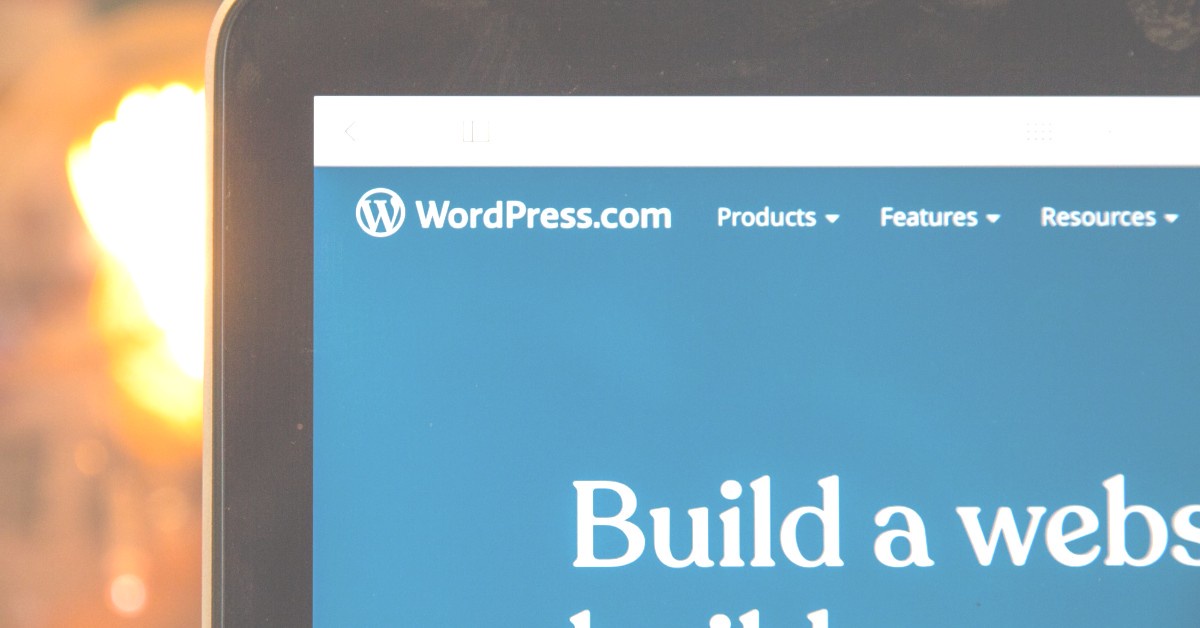Goodbye, WordPess

WordPress has been a part of my life in one form or another since 2006 when I started my first blog on WordPress.com. I went from a user of their hosted service, to self-hosting websites for family and friends, to starting (and eventually selling) a premium plugin company.
The WordPress web is everywhere. I can’t help but notice when websites are running WordPress and one of the hundreds of plugins that I know…
“Oh, I bet this site is using Gravity Forms…”
::checks source code::
“Yup. There it is.”
Despite its obvious flaws, WordPress is still the best no-code platform for building a business – I would never argue against that. But as I look at what may lay in store for me in my career, I really don’t see myself working in WordPress anymore. In fact, I question whether I want to be in tech at all.
Seeking for Inspiration
Something that I know about myself is that I tend to gravitate to projects where I can express my creativity. I find joy in the process. Building and growing something (a product & brand), and ultimately automating as much as possible so that it is no longer dependent on me.
This expression of creativity is easy to accomplish in tech, and in my case, WordPress. Well, at least it used to be.
The reality is that I am burnt out from WordPress and have been for some time. The challenges of the industry aren’t something that excite me anymore. I will always be a user of WordPress, but I think I need an extended break from working in the space.
To be fair, I am pretty much out of it already. I am involved with LearnDash still as an advisor behind the scenes, but that role doesn’t fill up my time. I do have bi-weekly WordPress-focused conversations with my friend Ross Johnson at NoFilter.fm, but I wouldn’t really count that as working in the space. It’s just a venue for casual reflections and sharing of success stories in the hopes of helping others.
I have thought about the possibility of getting into a SaaS project. That sounds like a fun challenge, but the more I think about it, the more I know that the fast-moving world of software will bring with it the same stresses that I had in the past.
I know the mentality that it takes to deal with things like security issues, constant new competitors, disgruntled customers & employees … and frankly, I’m just not there. Maybe one day I’ll feel up for the challenge again, but after nearly a decade of dealing with the negative aspects of software, I just can’t bring myself to do it.
All this is to say that I’d rather be a customer of tech solutions, not offering one.
Keeping busy, and Keeping an Eye Open
At present, I am helping Lorena with her online courses. I must say that I really enjoy that process for a variety of reasons, but mostly because of what I mentioned earlier: my love for the building and selling process. I honestly can’t get enough of it and feel grateful to have the opportunity to continue selling online.
In addition, I am also exploring non-tech related projects that may excite me. I am still trying to figure out what that is, and if I am honest, it can be frustrating at times as I am eager to start with something, but I just don’t know what at this point. I have to remind myself that this is okay because I know that these things can’t be forced. At the same time, they don’t just come out of nowhere. A little effort is needed.
After selling software, I am finding the “old-fashioned” industries to be quite appealing. Real estate, for example. I also like challenges, and an industry that is outside the tech space will test my entrepreneur skills in new ways. I have always thrived when I had to “prove people wrong” (even if only proving it to myself), and getting involved with a different industry gives me that opportunity.
Wherever I land, you can bet I will be documenting my journey here on my site. And while I don’t intend to work in tech for the time being, I will still be offering insights and opinions for entrepreneurs in this space (especially as it relates to WordPress) as I think there is value for others in sharing my honest, experienced-based takes.
And who knows, my path may lead me back to tech at some point. Possibly, even WordPress.









